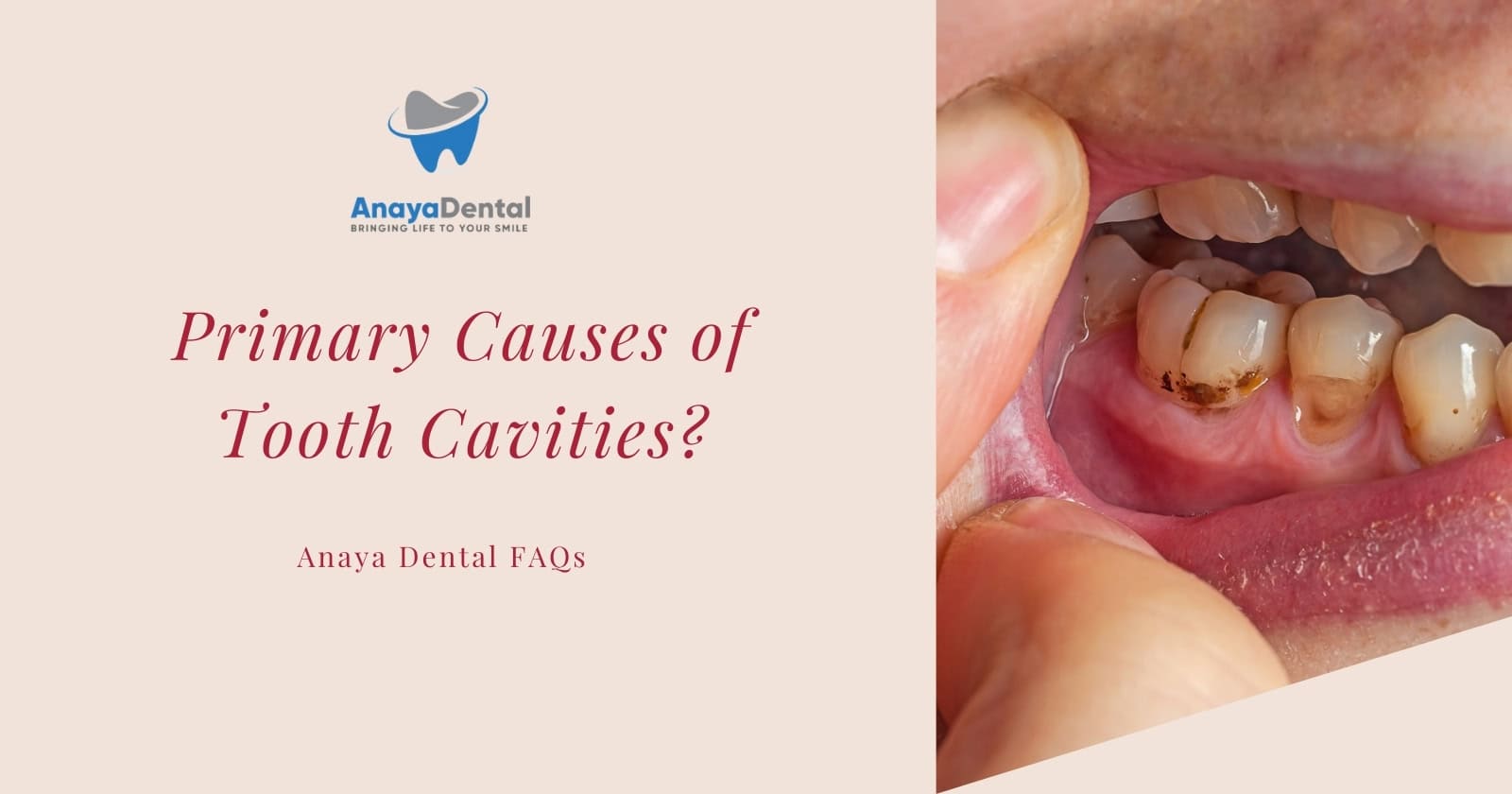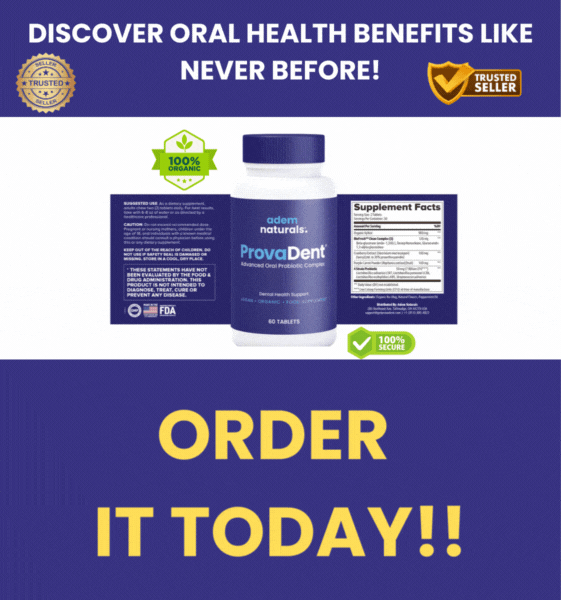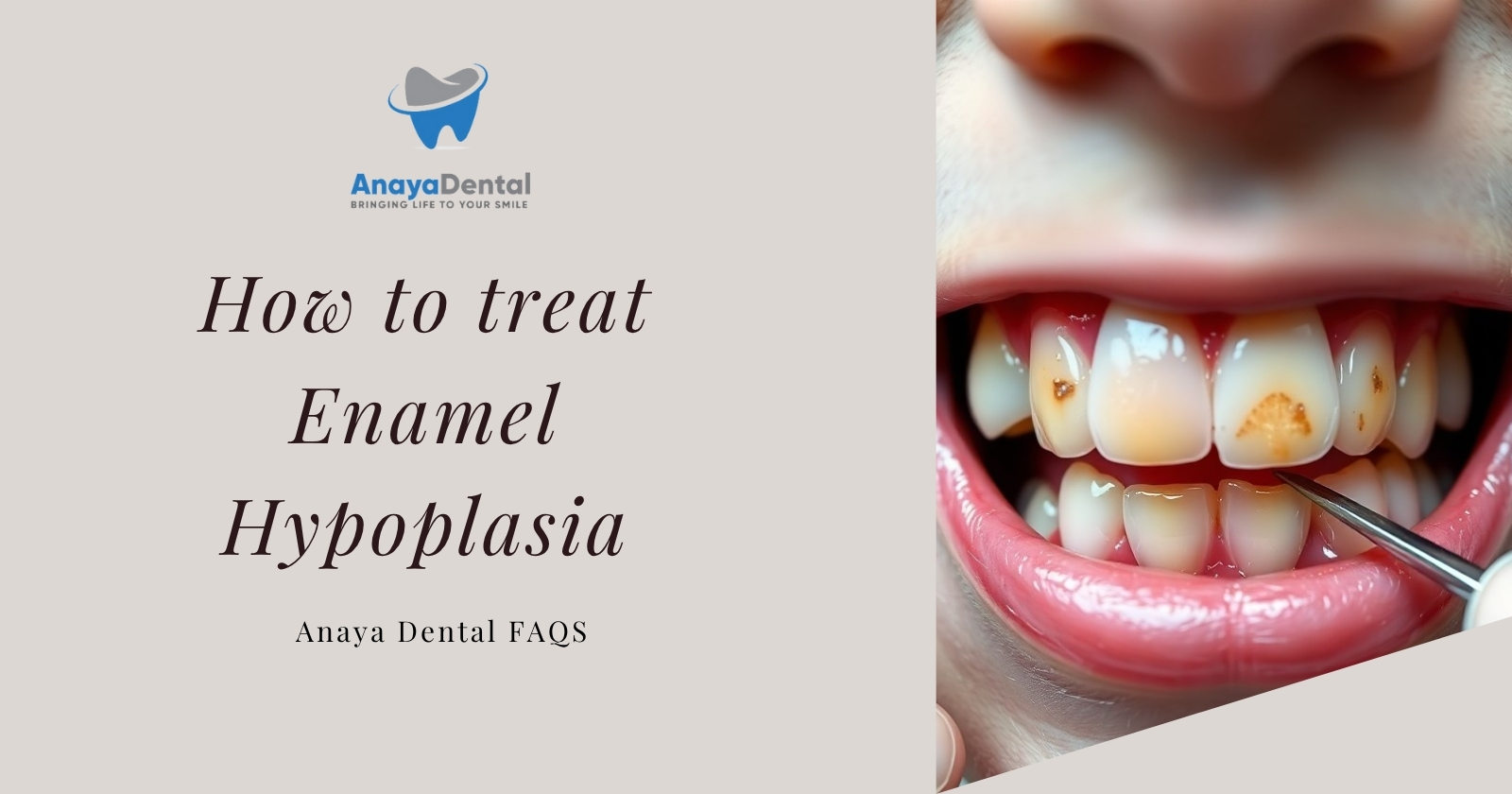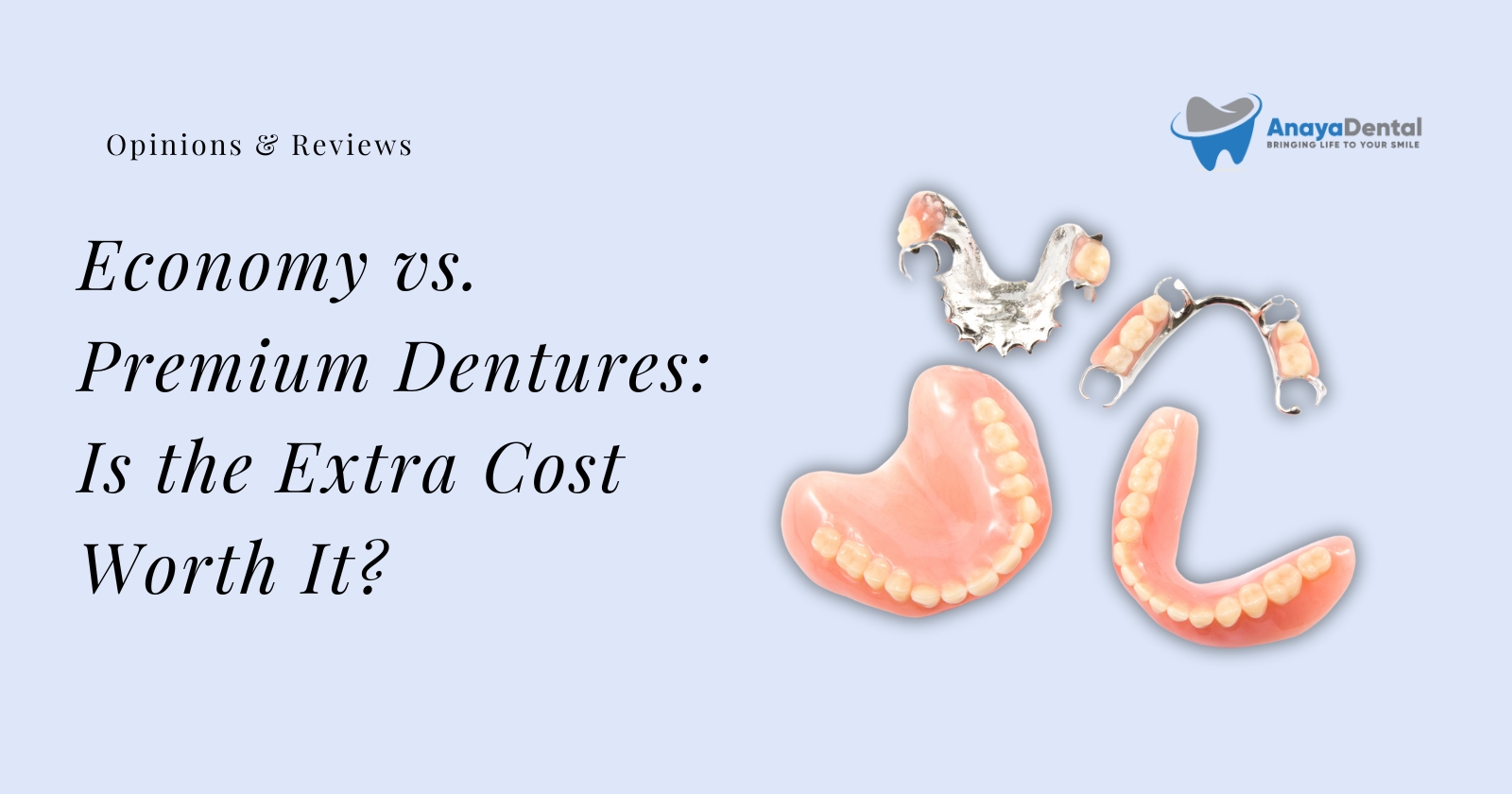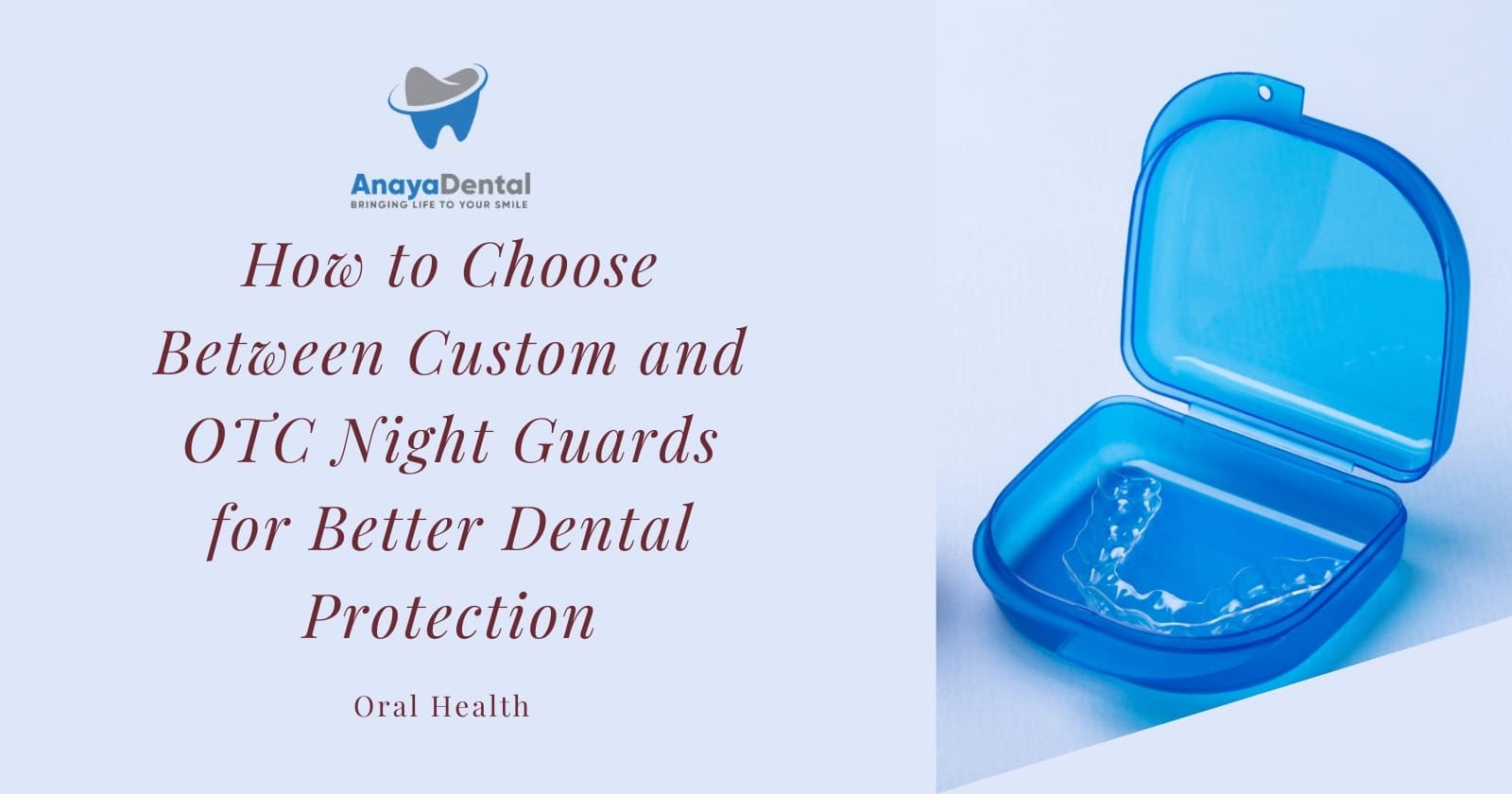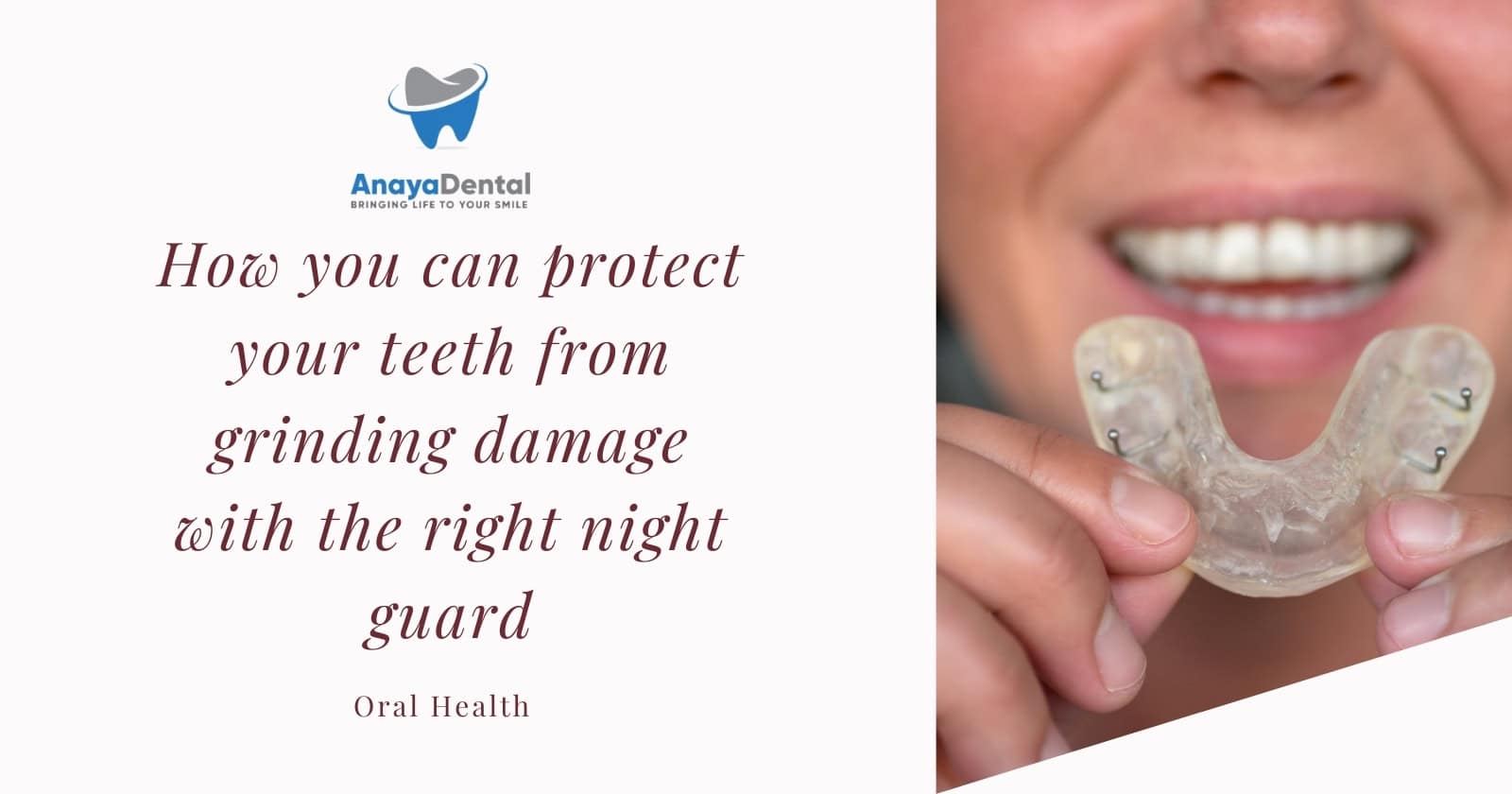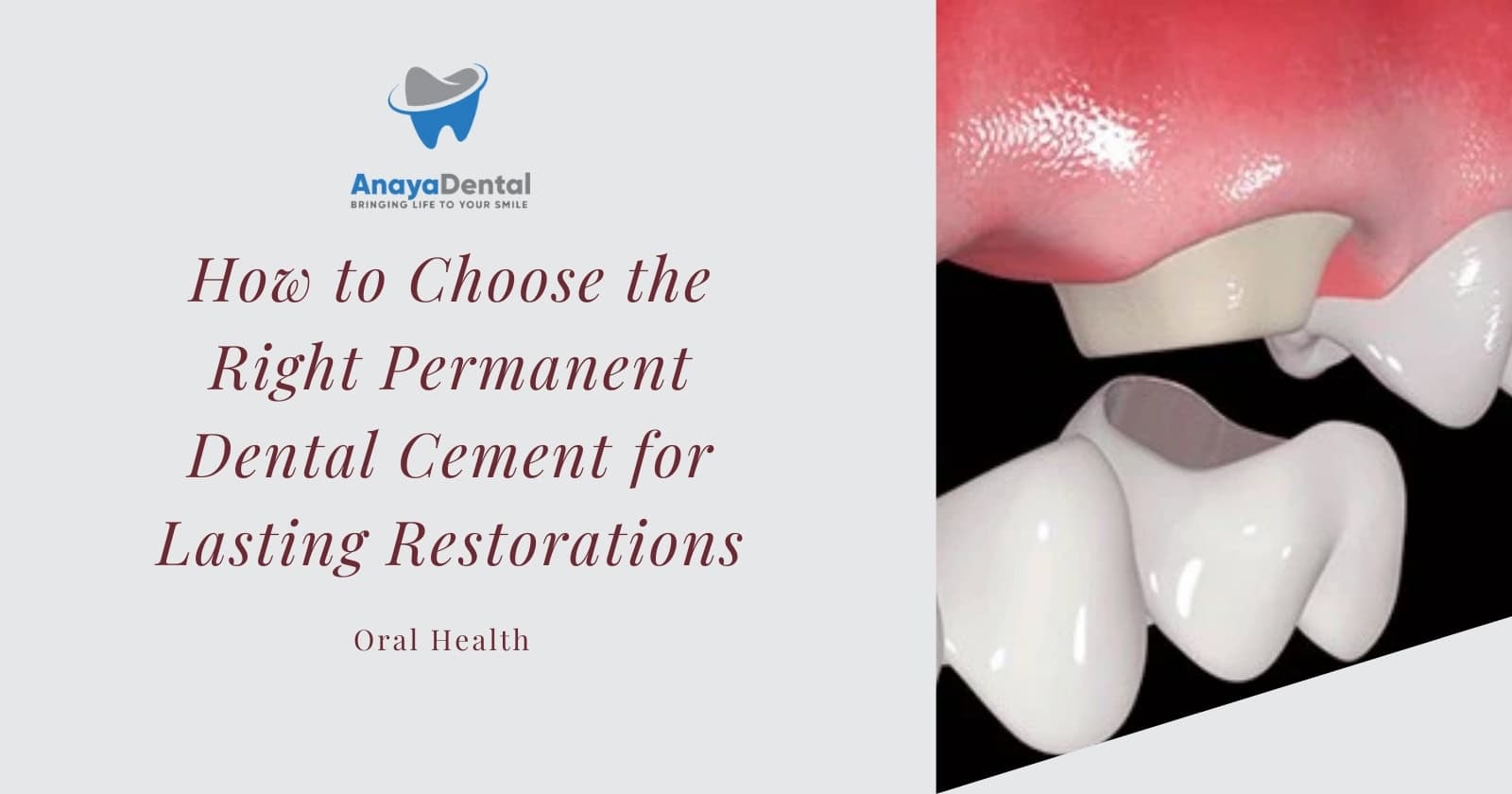Tooth cavities, also known as dental caries, are a widespread oral health concern that affects individuals of all ages. But have you ever wondered what exactly causes these tiny but troublesome holes in your teeth? In this guide, we’ll explore the primary causes of cavities, how they develop, and the risk factors involved.
Understanding Tooth Cavities
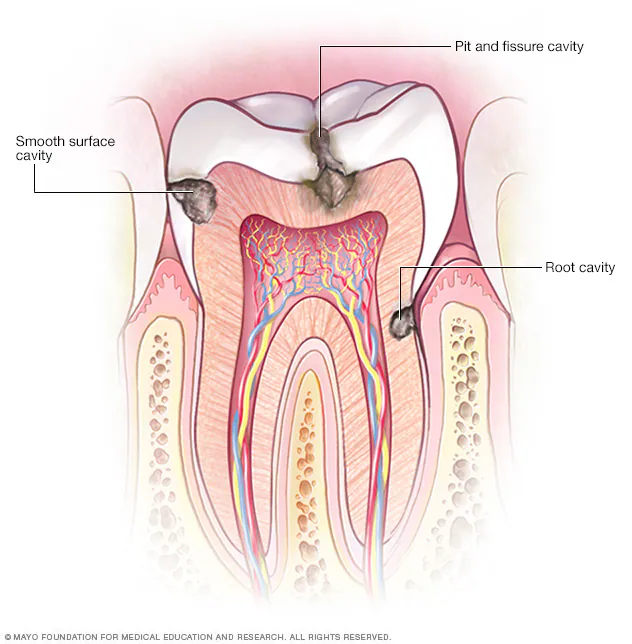
A cavity is a permanently damaged area on the hard surface of a tooth that develops into tiny holes. When left untreated, cavities can lead to severe toothache, infection, and even tooth loss. Understanding their causes is crucial for prevention and maintaining optimal dental health.
The Primary Causes of Tooth Cavities
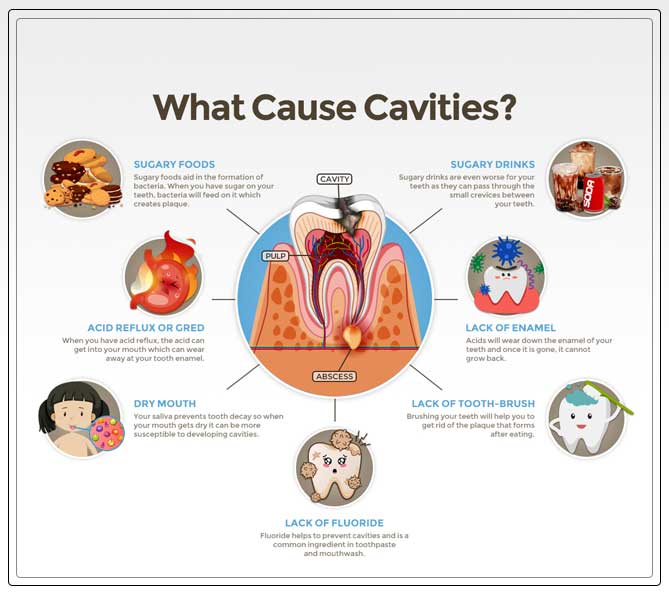
1. Bacteria and Plaque Formation
Our mouths naturally contain bacteria, some of which are beneficial, while others contribute to tooth decay. These harmful bacteria feed on sugars and starches from the foods we eat, producing acid as a byproduct. Over time, this acid leads to plaque formation, a sticky film that clings to the teeth. If plaque is not removed through proper oral hygiene, it can harden into tartar, which further accelerates decay by trapping more bacteria against the tooth surface.
Try Our Dental Calculators
How Plaque Leads to Cavities
- Bacteria consume leftover food particles, especially sugars.
- They produce acids that weaken tooth enamel.
- Plaque and tartar build up, increasing the risk of decay.
- Without intervention, cavities form and can worsen over time.
2. High Sugar and Acidic Food Consumption
Your diet plays a significant role in the development of cavities. Consuming excessive sugary or acidic foods creates an environment where bacteria thrive and produce more acid.
Foods That Increase Cavity Risk
- Sugary treats: Candies, cookies, and cakes provide a food source for bacteria.
- Sugary beverages: Soda, fruit juices, and sports drinks contain high amounts of sugar and acid.
- Starchy foods: Bread, pasta, and chips break down into sugars that feed bacteria.
- Acidic foods: Citrus fruits, pickles, and vinegar-based dressings can weaken enamel.
Reducing your intake of these foods or rinsing your mouth with water after consuming them can help protect your teeth.
3. Poor Oral Hygiene Practices
Failing to maintain good oral hygiene is one of the leading causes of cavities. Without proper brushing and flossing, plaque builds up, leading to tooth decay.
Common Oral Hygiene Mistakes
- Not brushing twice a day: Bacteria accumulate throughout the day and night.
- Skipping flossing: Food particles stuck between teeth can lead to hidden cavities.
- Using the wrong toothbrush: A soft-bristled toothbrush is best to avoid damaging enamel.
- Brushing incorrectly: Not reaching all tooth surfaces allows plaque to persist.
Following a consistent oral care routine can prevent plaque buildup and lower the risk of cavities.
4. Lack of Fluoride Exposure
Fluoride is a mineral that strengthens enamel and helps reverse early signs of tooth decay. Without sufficient fluoride, your teeth become more vulnerable to cavities.
Sources of Fluoride
- Fluoridated tap water: Many communities add fluoride to drinking water.
- Fluoride toothpaste: Using a fluoride-containing toothpaste helps protect teeth.
- Professional fluoride treatments: Dentists offer fluoride applications for added protection.
- Fluoride mouthwash: Helps strengthen enamel and reduce bacteria.
If your local water supply does not contain fluoride, consult your dentist about other ways to ensure adequate fluoride exposure.
5. Dry Mouth and Reduced Saliva Production
Saliva plays a crucial role in maintaining oral health by washing away food particles, neutralizing acids, and protecting enamel. A dry mouth, also known as xerostomia, increases the risk of cavities.
Causes of Dry Mouth
- Dehydration: Not drinking enough water leads to reduced saliva production.
- Medications: Some drugs, such as antihistamines and antidepressants, can cause dry mouth.
- Medical conditions: Diabetes, Sjögren’s syndrome, and other conditions can reduce saliva flow.
- Smoking: Tobacco use decreases saliva production.
To combat dry mouth, drink plenty of water, chew sugar-free gum, and use saliva substitutes if necessary.
6. Frequent Snacking and Sugary Beverages
Frequent snacking, especially on sugary or starchy foods, exposes your teeth to constant acid attacks. Unlike main meals, snacks often do not stimulate enough saliva production to neutralize acids.
Why Snacking Harms Your Teeth
- Keeps teeth exposed to acid for prolonged periods.
- Reduces time for enamel to remineralize and recover.
- Encourages bacterial growth and plaque formation.
Opt for healthier snacks like nuts, cheese, and crunchy vegetables, which help clean teeth and promote saliva flow.
7. Genetics and Medical Conditions
Some people are naturally more prone to cavities due to genetic factors and underlying health conditions. Genetics can determine the strength of enamel, saliva composition, and susceptibility to bacteria.
Medical Conditions That Increase Cavity Risk
- Gastroesophageal reflux disease (GERD): Stomach acid can wear away enamel.
- Diabetes: Increased sugar levels in saliva promote bacterial growth.
- Autoimmune diseases: Can lead to dry mouth and enamel weakness.
If you have a genetic predisposition or medical condition, consult your dentist for tailored preventive measures.
Risk Factors That Contribute to Cavities
Certain factors increase the likelihood of developing cavities, including:
- Poor Oral Hygiene – Neglecting regular brushing and flossing allows plaque to accumulate and bacteria to thrive, accelerating decay.
- Frequent Snacking and Sipping Sugary Beverages – Constant exposure to sugar and starch increases acid production, leading to continuous enamel erosion.
- Insufficient Fluoride Exposure – Fluoride strengthens enamel and helps reverse early decay. A lack of fluoride, whether in drinking water or toothpaste, can make teeth more vulnerable.
- Dry Mouth and Reduced Saliva Flow – Saliva plays a crucial role in washing away food particles and neutralizing acids. Conditions like dry mouth (xerostomia) reduce saliva production, increasing cavity risk.
- Acid Reflux and Medical Conditions – Gastroesophageal reflux disease (GERD) can introduce stomach acid into the mouth, eroding tooth enamel and promoting decay.
- Tooth Location and Structure – Molars and premolars have grooves and crevices that can trap food, making them harder to clean and more susceptible to cavities.
Even though these risk factors contribute to cavities, they do not guarantee their occurrence. Proper dental care and awareness of these risks can help individuals take the necessary steps to reduce their chances of developing tooth decay. Preventive measures such as maintaining a healthy oral hygiene routine, moderating sugar intake, and seeking professional dental advice can go a long way in protecting your teeth.
How to Prevent Cavities
While cavities are common, they are largely preventable. Follow these key steps to maintain strong and healthy teeth:
- Brush twice daily with fluoride toothpaste.
- Floss daily to remove plaque between teeth.
- Limit sugary and acidic foods to reduce bacterial growth.
- Drink plenty of water to promote saliva production.
- Use fluoride treatments as recommended by your dentist.
- Visit your dentist regularly for cleanings and checkups.
Cavities are caused by a combination of bacteria, poor oral hygiene, diet, and genetic factors. By understanding these causes and taking preventive steps, you can maintain strong, healthy teeth for a lifetime. Prioritizing good oral hygiene and making mindful dietary choices will go a long way in keeping cavities at bay.
FAQs
1. Can cavities heal on their own?
No, once a cavity has formed, it cannot heal naturally. However, early-stage decay can sometimes be reversed with fluoride treatments.
2. How do I know if I have a cavity?
Common signs include tooth sensitivity, visible holes, discoloration, and pain while eating.
3. Are cavities contagious?
Cavities themselves are not contagious, but the bacteria that cause them can be transmitted through saliva (e.g., sharing utensils or kissing).
4. Can mouthwash prevent cavities?
Fluoride mouthwash can help strengthen enamel, but it should be used in addition to brushing and flossing, not as a replacement.
5. Is it possible to get cavities even if I brush regularly?
Yes, if you consume excessive sugar, have deep grooves in your teeth, or experience dry mouth, you may still develop cavities despite brushing.
